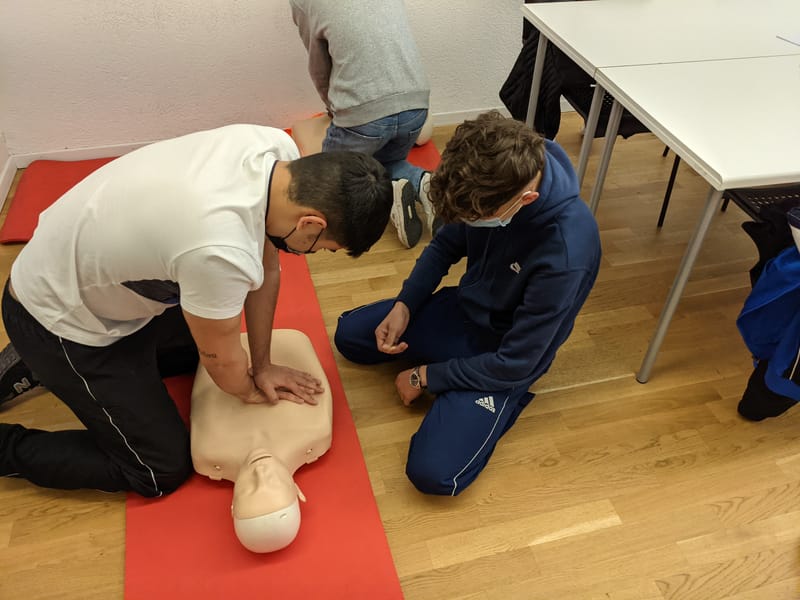Cardiac First Responder

PHECC: Cardiac First Response - Community Level
The Cardiac First Response - Community Level Providers Course is designed to provide the ability to recognize several life-threatening emergencies, provide Cardiopulmonary Resuscitation - CPR, use an Automated External Defibrillator - AED, and relieve choking in a safe, timely and effective manner. A Pre-Hospital Emergency Care Council (PHECC) Cardiac First Responder plays a vital role in keeping a person alive until they can receive expert clinical care.
The course takes approximately 4 hours to complete.
Cardiac First Response Course
A Cardiac First Responder may be part of the Emergency Medical Services, a Healthcare Practitioner or a member of the public who has completed the PHECC recognised course.
Course Content:
Patient Assessment
Adult CPR
Child CPR
Infant CPR
Use of Face Mask Barrier Devices
Automated External Defibrillator - AED
Recovery (safe airway) Position
Adult Choking - Conscious and Unconscious
Child Choking - Conscious and Unconscious
Infant Choking - Conscious and Unconscious
Airway Obstruction Adult, Child and Infant
Aspirin Administration for Heart Attack
Stroke
Skills Group Practice
In the classroom, students participate in simulated scenarios. Students work with an Pre-Hospital Emergency Care Council Instructor to complete skills practice.
Course Format:
The course requires approximately 4 hours to complete, including skills practice. While the main content of the course is general, each course is different in terms of learners, circumstance and requirements. There is a skills assessment with this course and full participation is required to receive certification.
Cardiac First Response Community Pre-Hospital Emergency Care Council Course Completion Certificate is valid for two years. Participants will receive a PHECC provider course certificate and card.
Assessment:
Practical Assessment - Skills assessment using PHECC's CFR Community assessment sheet.
